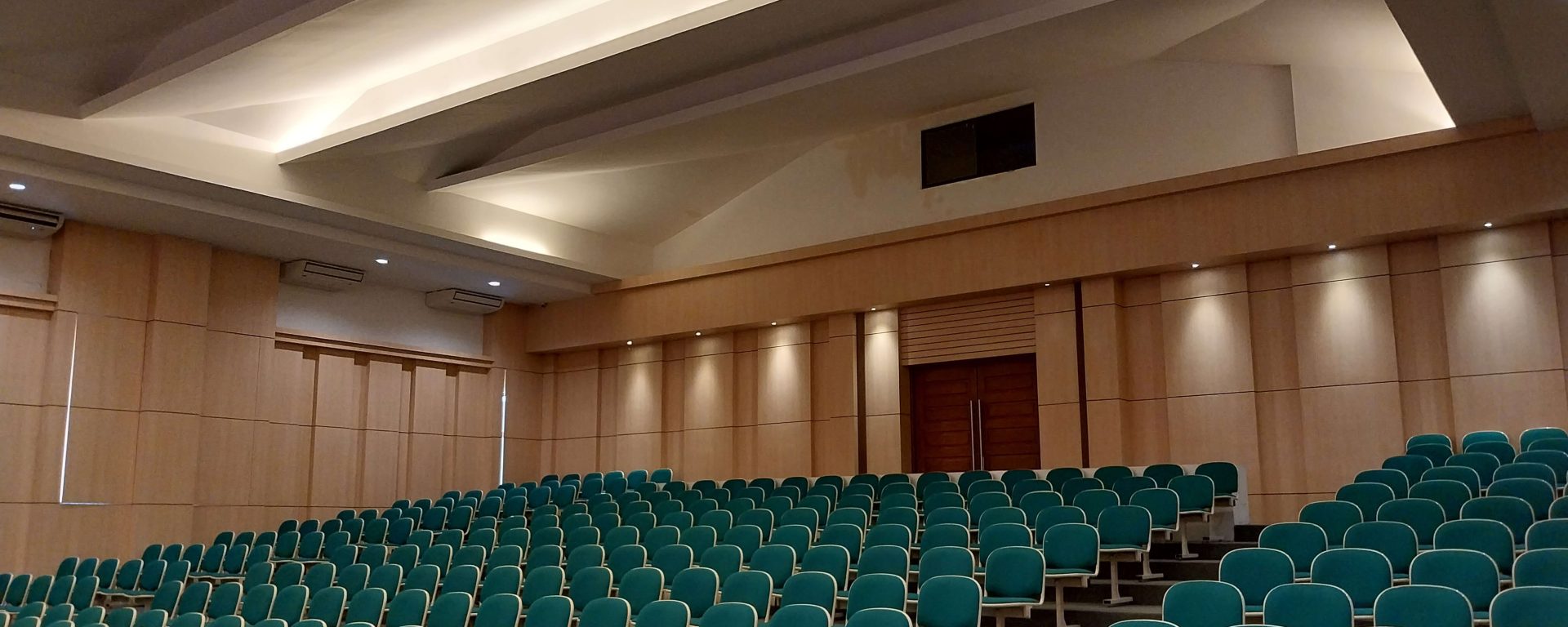There is no “one size fits all” approach to postsecondary education and employment. Each student’s path to their profession will not always be linear — and at the end of the day, going to a traditional, four-year college may not be the right track for everyone.
In investigating alternatives to the traditional college route, some may ask themselves, “Is trade school worth it?” Others may consider career-focused institutions, like a vocational school, to accomplish their professional goals.
Perhaps that is why you are here. You may have questions about vocational schools, or the best pathway towards success for your specific career aspirations.
As a career-focused university, Goodwin University frequently hears from students wondering about vocational schools (and how we differ). Common questions include:
- What is a vocational school?
- Do vocational schools offer certificates and degrees?
- Is a vocational school considered a college?
This guide will answer these questions — and more.
The Demand for Career-Focused Education
Today, skilled workers are in-demand, with employers and the economy relying on the trained professionals to push business and innovation forward.
According to the Association for Career and Technical Education (ACTE), the 2022 Connecticut economy is experiencing a significant skills gap. Currently, 48 percent of jobs in the state require more education than high school but less than a four-year degree. Only 38 percent of workers possess such qualifications.
In a publication from the Congressional Career and Technical Education Caucus, it’s noted that this skills gap may leave an estimated 2.4 million manufacturing jobs unfilled between 2018 and 2028.
If you’re interested in maximizing your career and helping to minimize the skills gap, and considering a vocational school in Connecticut, read on. Below, we answer the questions listed above to help guide you towards the best educational path for your professional goals.
What is a Vocational School?
Vocational schools provide practical and technical skills training to prepare students for a specific career. Vocational education is also known as Career and Technical Education (CTE).
Focused on employability and work readiness, vocational schools emphasize concrete career training and typically do not require a series of general education classes.
With an education concentrating on a specific profession, graduates of vocational schools quickly enter their careers and become esteemed employees with experience.
Do Vocational Schools Offer Certificates and Degrees?
A vocational school generally offers enrolled students various certificate and associate degree options that are awarded to graduates across the following 16 CTE career industries:
1. Health Science
2. Business
3. Sales
4. Finance
5. Information Technology
6. STEM
7. Manufacturing
8. Logistics
9. Hospitality
10. Government
11. Law
12. Agriculture
13. Human Services
14. Construction
15. Training, and
16. Arts, Audio/Visual Technology, and Communication
However, bachelor’s and graduate degrees are less common at traditional vocational schools. Vocational schools typically focus on getting students into careers fast, and therefore certificate and associate degrees (taking two years or less to complete) are more common.
Is a Vocational School Considered a College?
Vocational schools are postsecondary education institutions that have a career focus. Their programs are intensive and offer practice environments to prepare students with the core capabilities for their future careers. As noted above, a vocational education typically takes anywhere from one to two years to complete.
However, those considering a vocational education should be aware that due to the lack of general education courses in its curricula, vocational learners are not afforded the opportunity to explore additional academic and professional areas of interest. This is what separates a vocational school from a college.
Also, because vocational schools, often referred to as trade schools, only award certificates and associate degrees in explicit fields, fewer career options may be available. Academic credits may not transfer if a student wishes to continue their education at another school.
Conversely, career-focused colleges like Goodwin University deliver an all-encompassing academic experience — combining a vocational education with expert industry instructors, general studies, specialized classes, and continual career placement services.
Goodwin’s flexible course offerings allow adult learners and working students to crush their career goals on their schedule. Unlike many vocational schools, Goodwin offers online, on-campus, hybrid, accelerated, and part-time scheduling options to learners at several levels. Whether you are pursuing a certificate, associate degree, bachelor’s, or master’s distinction, this level of flexibility is available to you. Of course, the completion time for career-focused colleges depends on the program of study.
In addition, if career-focused college graduates complete their program and want to continue their education, most credits earned can transfer toward a higher-level degree.
Pursue Your Vocation Through a Career-Focused College
Whether you’re entering the workforce for the first time, transitioning career fields, or a working adult seeking to re-enter the workforce, let your education elevate your career.
In November 2022, when speaking to America’s career pathways and success, United States Secretary of Education Dr. Miguel Cardona stated:
“It’s about helping out students find their passion and purpose in life. And it’s about our students earning postsecondary and industry credentials.
“And ultimately, by growing these multiple pathways to success, we are fulfilling the promise of education.
“ — See, education is a bridge for people to create the lives they want. We are helping our young people reach their endless potential, and we are raising the bar for our education system — and our country.”
The Congressional Career and Education Caucus estimated that 12.5 million students are currently enrolled in career and technical education (CTE) programs across the country.
Don’t press pause on your potential.
Learn more about Goodwin’s career-focused programs today!
Goodwin University is a nonprofit institution of higher education and is accredited by the New England Commission of Higher Education (NECHE), formerly known as the New England Association of Schools and Colleges (NEASC). Goodwin University was founded in 1999, with the goal of serving a diverse student population with career-focused degree programs that lead to strong employment outcomes.

